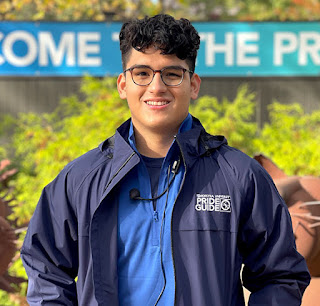Postcolonial Citizenship in Hispanic Africa: The Case for Granting Nationality to Former Colonial Subjects by Alicia Campos Serrano

On April 25, 2022, I had the honor to be invited by the Department of the Romance Languages and Literatures, the African Studies Program, and the European Studies Program to deliver a session at Hofstra University on my proposal to grant Spanish nationality to former colonial subjects in Africa . It was a real pleasure to share and discuss it with the students of the course on “Borders, human mobility, and migratory experiences across the Spanish-speaking world”, offered by Professor Benita Sampedro, and to be joined by other students and faculty on campus and via Zoom. The idea that was the focus of this presentation was first advanced in 2014, when the Spanish government was preparing a law that offered Spanish nationality to Sephardic Jews who were living in different parts of the world. The reason for this was to give some kind of reparation to the descendants of those people who—having refused to convert from Judaism to Christianity—were expelled from the old kingdoms of Castill

